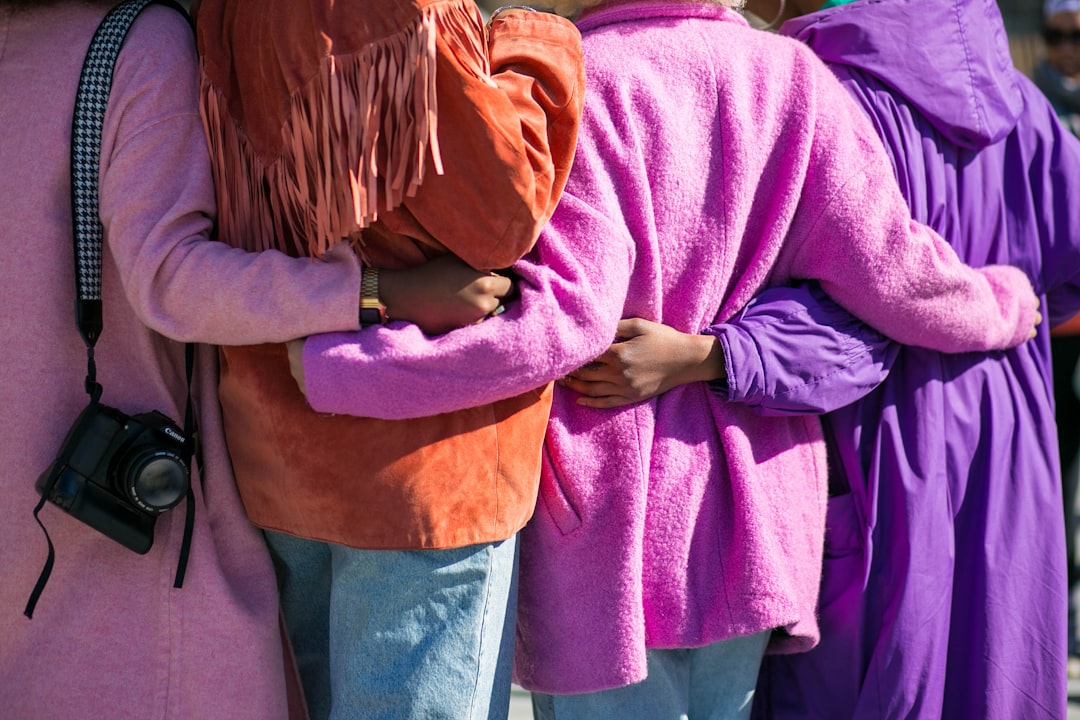I promised that I would do a series comparing anxiety coaches with therapists. This is part 2 of that series. Please remember that I am not here to tell you who to get your help from. Only you get to make that choice. I’m OK with that. My goal here is to answer common questions and to ensure that you are making your choices with all the information you should have. Today we’re going to talk about assessment, diagnosis, broader knowledge, and why they are important.
Let’s use my own situation as an example of how not being broadly educated then trained and experienced in things like assessment and diagnosis can pose a problem. I had panic disorder that became agoraphobia. I was a textbook case. I was also in and out of what would be formally labeled as depression. The cherry on top was bouts of intense struggle with intrusive thoughts and obsessions. Did I have OCD? I don’t know. Maybe. I was never formally diagnosed with that and in the end - for me - it didn’t matter. In my case and in my lived experience, there was no trauma in my background. No abuse. No mistreatment. No past pain to resolve beyond what any human might encounter in a given life. I present and operate as neurotypical. I am - as it would appear many online coaches and mentors are - a member of the dominant class along multiple personally identifying factors such as race, ethnic heritage, faith identification, gender, sexual orientation, and primary language. I have a healthy self-image and no history of a maladaptive relationship with my emotions. To sum this up, I had very few “complications”.

So what happens if I decide that my lived experience and the fact that I read Claire Weekes means that I can go from social media psychoeducator to one-one-one or group recovery coach?
I’ll tell you what happens. I run a very high risk of treating you, guiding you, and advising you, as if you are just like me. That’s just a function of how humans work. It doesn’t make me a bad person. It just makes me untrained and inexperienced when it comes to providing actual face-to-face guidance or treatment. If I do not spend ten plus years actually listening to the experiences of others and interacting with them, then spend another 3+ years being formally trained and supervised by experienced clinicians, I run the risk of misapplying my experience, missing details that matter, ignoring complexity and nuance, and causing harm even when I have the best of intentions.
This is where the difference between writing books and creating social media content - and being a one on one helper - shows itself. They are not the same thing. Why do you think I work so hard to set limits on what we can do in my Facebook group and why I’m so adamant about the fact that my books and my Instagram account are not therapy?
In this situation the part that protects me (and you) against ineffectiveness at best and harm at worst is training, education, and experience. A therapist or counselor will be extensively trained in assessment, case conceptualization and diagnostic methods. A therapist or counselor will be educated broadly on multiple theories of personality development and multiple models of psychopathology. A therapist or counselor is taught to make use of their network of other well trained and (ideally) more experienced therapists and supervisors when they run into complicated situations that require another set of eyes.
With all due respect to all the coaches, mentors and guides that genuinely want to help, there is a reason why nobody gets to call themselves a psychotherapist in the US without at least 2 years of full time postgraduate education and literally thousands of hours of supervised practice after that. Wanting to help is awesome. The world needs more of that. But wanting to help and being able to safely and effectively help are often not the same thing, regardless of lived experience or good intentions.
So what can go wrong when a coach or mentor takes on a client that presents them with a situation beyond what they’re trained to handle? I don’t want this to turn into a 2000 word monster, so let’s pick up in the next edition of The Anxious Morning, where we’ll finish the discussion.
I’ll see you then.











Share this post